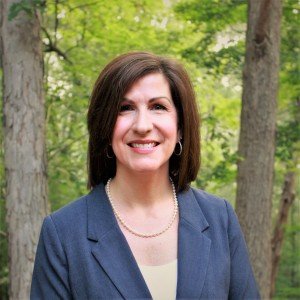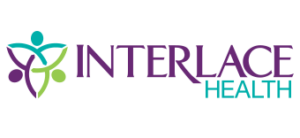Happy Nurses Week – To ALL of Us
“You’re not a real nurse, though.”
I could not have been more stunned.
I had started a new job at an elementary school after 10 years of hospital nursing. We were at a happy hour with several of the staff – a great chance to get to know each other!
I had worked in step-down units, with cardiac and pulmonary patients, pre and post-surgery, with transplant patients …but, that was not what this woman saw when she met her new school nurse.
As any parent of a child with an illness or chronic disease will tell you, school nursing is a vital specialty. Band-Aids and icepacks? Sure. But blood sugars, carb counting and insulin? Also, yes. Tube feedings? Yep. Suctioning ET tubes? Lots of meds? Absolutely. Broken wrists, ankles, legs? Indeed – and, so much more.
The reality is that there is a lot more to nursing than what you see on TV or the stereotypes you may unknowingly hold.
Knowledge is power – let’s get educated!
First, I want to make sure readers understand that we ALL take the test. RNs in every field became registered in the same way. Governed by our individual state boards, whether we work in a nursing home, in an office, or the ICU – same test. The role we fill brings the necessary “on the job training” to that specialty. We can choose to become certified in that specialty, and some roles require prior specific nursing experience, but our specialization happens after we graduate, after we are employed.
While there is a different schooling, licensure and therefore a different test for LPNs, it’s still the same thing. Once you become licensed, you learn your specialty on the job.
The prevailing view of what a nurse is and what he or she does usually involves working in a busy hospital: in the ED, the ICU, or on a general unit. And certainly, this does comprise a large number of nurses, as 57% of the workforce can be found in these areas.
Fortunately, we nurses have so many more rewarding and critical roles to fill! Here is just a sample:
Critical access/rural hospital nursing – Of course, this may be the most important role to understand, lest anyone dare to believe Senator Walsh’s statements. These nurses must possess an unheralded breadth of skills. They aren’t limited to one specialty like many larger hospitals, such as cardiac, orthopedic or ED nursing. They must know IT ALL. They are drawing their own labs, not a phlebotomist; they are caring for patients with the flu, in labor, in anaphylactic shock, with traumatic injuries, and more. Remember, these hospitals are the only ones for miles, sometimes hundreds of miles. It is, as the name suggests, the critical and only access to healthcare. Rural nurses are most definitely not playing cards.
I encourage you to click through and learn more about this sampling of nursing specialties:
- Public Health nursing
- School nursing
- Ambulatory care nursing
- Home Health nursing
- Long term care nursing
- Flight nursing
- Correctional care nursing
- Case Management nursing
- Clinical Informatics nursing
- Forensic nursing
- Telehealth/remote monitoring nursing
Click here to find out more about nursing and other nursing specialties.
I offer all nurses my gratitude and respect and a wholeheartedly thank you for the knowledge you hold, the care you give, and the skill you bring to your specialty.
Learn more about National Nurses Week 2019.
AUTHOR:
Robin McKee, MS, RN is the Director of Clinical Informatics/Solutions at FormFast. As a core member of the solution  management team, McKee connects directly with the clinical community to gather the information needed to help ensure that solutions meet the needs of healthcare customers.
management team, McKee connects directly with the clinical community to gather the information needed to help ensure that solutions meet the needs of healthcare customers.
Robin brings over twenty years of clinical experience as a registered nurse in hospitals, outpatient, and community health settings. Her passion to improve care through technology pushed her to the Health IT world in 2015, where she obtained her informatics degree and worked on EHR implementations until joining FormFast in 2017.





